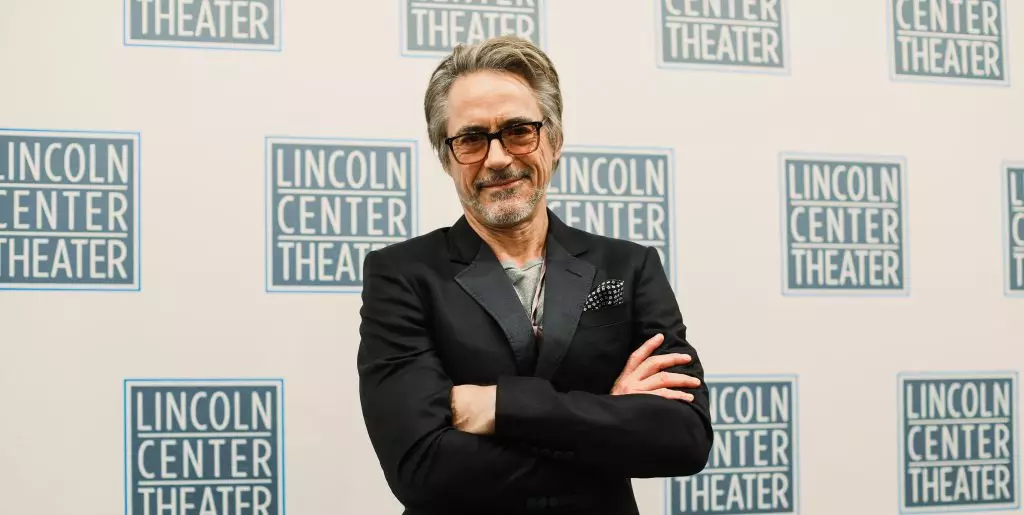Robert Downey Jr., a prominent figure in cinema who has captivated audiences with his portrayal of characters like Tony Stark, recently vocalized his strong opposition to the use of generative artificial intelligence (AI) that seeks to replicate his likeness. In a compelling appearance on the podcast “On With Kara Swisher,” Downey discussed his views amidst a backdrop of an ongoing cultural debate concerning AI technology and its potential to infringe upon personal autonomy and artistic integrity. His comments serve as a critical reflection on the intersection of technology and humanity, raising questions not just about AI’s capabilities but also about the ethical responsibilities of those who wield it.
Downey’s concerns serve as a microcosm of broader societal anxieties regarding the encroaching influence of AI in creative fields. He articulated a perception that the emotional and psychological nuances of human experiences cannot be authentically captured or replicated by machines. “I feel about it minimally,” he remarked, hinting at a more contemplative stance that recognizes the overwhelming realities of life beyond technological advancements. His insistence on preserving the essence of one’s identity is particularly significant in a world increasingly driven by virtual representations and facsimiles.
During the conversation, Downey expressed confidence in the current leadership at Marvel Studios to handle his character’s legacy with care, indicating that the decision-making power lies with a select few who respect the artistic sources. However, he also acknowledged a potential shift in ethical boundaries as new executives enter the landscape. With a wry sense of humor, he proposed that he might “sue all future executives just on spec,” showcasing not only his commitment to defending his likeness but also a broader concern about the careless commercialization of celebrity identities in an age of rampant technological innovation.
His quip about his future legal endeavors highlights the potential for generative AI to dilute the authenticity of iconic characters. The ironic reality is that as technology evolves, so too does the possibility for executives to exploit their properties, often disregarding the moral implications of such actions. Downey’s vigilance serves as an important reminder that the value of a character lies not merely in their commercial viability but in their cultural and emotional significance, prompting a need for ethical stewardship in the industry.
Beyond his aversion to AI recreating his likeness, Downey offered a perspective shaped by his investments in AI companies, underscoring a dualistic view: while he harbors skepticism about the use of technology, he remains interested in its potential when employed ethically. His approach mirrors a fundamental philosophical dilemma in our society—navigating the delicate line between technological advancement and ethical responsibility.
When discussing his investment philosophy, he emphasized a human-centric viewpoint, focusing on the people behind the technology rather than the technology itself. Questions surrounding the moral psychology of innovators and the intent behind their work reveal Downey’s nuanced approach to AI, demonstrating a keen awareness that ethical considerations should guide technological pursuits. It is not enough for technology to simply exist; its deployment must be examined through the lens of social responsibility.
Currently, Downey stars in “McNeal,” a production that delves into the complexities of intersecting creativity with artificial intelligence. While the play has received mixed reviews, Downey’s performance has been celebrated. His engagement with AI in a creative context exemplifies a willingness to explore the potential of technology while remaining vigilant against its possible pitfalls. The duality of his journey—embracing the innovation of AI while standing firm against its misuse—offers insight into the role celebrities can play in shaping public perception regarding technology.
As society grapples with the implications of AI, the discourse surrounding it becomes increasingly relevant. The dialogue initiated by figures like Downey is crucial in articulating the complexities of identity, morality, and the boundaries of technology in art. As we advance into an uncertain future, Downey’s insights serve as a beacon, encouraging introspection and ethical considerations at every turn.
In a world eager for innovation, his voice stands out as a call for a balanced approach—one that prioritizes human identity and integrity over the alluring conveniences of artifice.

